Virginia CEOs Concerned by Increasing Interest Rates and Bank Failures
While interest rate increases and bank failures concern Virginia SMB CEOs, their economic outlook is rebounding for the first time since Q1 of 2022.
That’s the latest from the quarterly CEO Economic Outlook Survey conducted by the University of Richmond’s Robins School of Business and the Virginia Council of CEOs.
- 49% of CEOs indicate that the rapid rise in interest rates has negatively impacted their business, while only 2% indicate that the interest rate increases have positively impacted their business.
- 31% of CEOs have at least considered changing their banking practices due to the recent bank failures.
- 56% of CEOs expect revenue to increase with 30% expecting at least a 10% increase, while 51% expect employment to increase over the next six months.
The survey also found expectations over the next six months for revenue and employment were both positive and expected to grow faster than predictions from last quarter. Expectations with regard to capital spending remained primarily flat.
“The survey results suggest that CEOs see a more positive future than they have for the last 12 months. They have also felt a negative impact from the recent rise in interest rates,” said Rich Boulger, associate dean at the Robins School, who administers the survey and collects the responses. “The overall index is up for the first time in 12 months.”
More than half (56%) of CEOs indicated that they expect revenue to increase over the next six months.
- 5% expected revenue to be “significantly higher.”
- 51% expected revenue to be “higher.”
- 13% expected revenue to be “lower.”
- 31% indicated they expected no change.
About a quarter of CEOs (26%) expect capital spending to increase over the next six months (down slightly from last quarter), while 33% expect capital spending to decrease. More than 41% expect capital spending to remain flat.
Half of respondent CEOs (51%) expect employment to increase over the next six months. Additionally, 46% expect employment to remain flat while only 3% expect employment to fall.
Taken as a whole, the results pertaining to revenue, capital spending, and employment are more positive than any quarter since Q1 2022 with the overall Economic Outlook Index increasing (78.2 versus 71.6) relative to the results from the end of Q4 2022.
Additionally, CEOs were asked how the recent interest rate increases (from 0.25% to 5% over the last 12 months) have impacted their business. They reported:
- Little to no impact: 49%
- Negative impact: 49%
- Positive impact: 2%
They were also asked how the recent bank failures have impacted their banking practices. They reported the following:
- After evaluation, comfortable with current banking practices: 69%
- Have considered switching banks but have not: 23%
- Have made some major change to banking practices: 8%
“I think the continued optimism reflected in this survey represents the nimbleness of these small business CEOs. While most are concerned over higher interest rates, they have been able to adapt and continue to grow,” said Scot McRoberts, executive director of VACEOs.
The Robins School and VACEOs jointly conduct the quarterly survey, which regularly asks about expectations for revenue, capital spending, and employment, plus other relevant issues, helping Virginia companies anticipate business conditions and plan for growth. The Robins School adapted the survey from the Business Roundtable, an association of CEOs of American companies that conducts a similar survey nationally. Rich Boulger, associate dean at the Robins School, administers the survey and collects the responses. The quarterly survey has been administered since 2010.
Thirty-Nine CEOs responded to the survey, which was administered April 4 – 11. Multiple industries are represented in the sample although services and financial services represented the majority of the respondents. The average company whose CEO responded to this survey had about $10 million in revenue for the most recent 12-month period. The average employment was 56.
VA Council of CEOs Presents Leadership Awards to Tom Ficklin, David Ingram, and Tom Cricchi
Ficklin, Ingram, Cricchi honored for leading the growth and mission of the Council.
Richmond, Virginia: The Virginia Council of CEOs (VACEOs), a non-profit association serving more than 200 small and mid-sized business owners, announced today that three members were awarded the Charles E. McCabe Leadership Award on April 27, 2023 at the Annual VACEOs Spring Retreat held at the Hotel Roanoke.
The Charles E. McCabe Leadership Award, presented by the Virginia Council of CEOs Board of Directors, recognizes VACEOs members who make significant, long-term leadership contributions to the Council. Chuck McCabe, Founding Chairman of the Council, was appropriately named as the first recipient of the award in 2017.
Tom Ficklin was recognized posthumously. Ficklin served on the Council’s board of directors, chaired the board in 2008 and 2009. Tom led us boldly through the Great Recession, a difficult time for many small businesses, including his company White Oak Equipment. For the last decade, Tom facilitated several of our CEO Forum groups – as many as three at once. He shared that he loved facilitating these Forums because he was always learning.
A member of one of Tom’s Forums said, “Tom quietly and persistently asked the best questions. He drew me out with his wisdom and humility.”
David Ingram joined VACEOs in 2006 as he grew his firm, Capital TechSearch. He served in almost every volunteer role in the organization, including Chairman of our Board of Directors in 2015. In those roles and others, he was a proactive and positive force, working with staff and leading other members to deliver stellar Retreats, grow our membership, support Roundtable success, and build our brand.
For the last several years, Dave has served as a facilitator for two of our CEO Forum groups.
A member in one of the Forums that Dave facilitates said:
“Dave makes himself vulnerable, setting the example and building trust in the group. He keeps us on track and drives us toward the heart of any issue. Dave makes us better. We simply get better results because of his leadership.”
Tom Cricchi joined VACEOs in 2007 soon after he became CEO of Sycom Technologies, and was a valuable contributor in the peer groups he was a part of until last year. He served as leader in both of his groups. Tom served the Council as Sponsorship Chairman for most of a decade. His steady leadership, accessibility, and charisma helped us attract and keep the right partners. Tom worked hard — year in, year out — to connect our members and sponsors in mutually beneficial ways.
After a successful business exit last year, Tom became facilitator of one of our CEO Forum groups. When asked about Tom, a fellow CEO said:
“Tom is an exemplary representative of the council. From his time in a roundtable, then to a forum, and then to a facilitator, Tom has shown amazing leadership every step of the way. His commitment to the round table process, his openness and trust, his humor, his insight into issues, and his deep relationships with each and every person he works with makes him a very special person.”
Charles E. McCabe Leadership Award Recipients (Past and Present)
2023: Tom Ficklin, White Oak Equipment (now part of McClung-Logan Equipment Co.; David Ingram, Capital TechSearch; Tom Cricchi, Sycom Technologies (now part of Intervision)
2021: Mike Matthews, President, Froehling & Robertson; Elissa Mast, President, E&R Sales; Connie Hom, CEO of Buckingham Greenery
2019: Arlene Lee, President, Lee Construction Group
2018: David R. Barrett, President and CEO of Barrett Capital Management
2017: Chuck McCabe, CEO of Peoples Tax and The Income Tax School
Roundtable or Forum. What’s the difference?

At Virginia Council of CEOs, we have two kinds of peer groups for CEOs of small and mid-sized companies.
Every CEO who joins the Council is placed into either a CEO Roundtable or a CEO Forum.
Generally, CEOs of larger, more complex organizations gravitate toward Forums. Here are some other differences.
- Forums meet every other month for 6 to 8 hours. Roundtables meet monthly for 4 hours.
- Forums are professionally facilitated. Roundtables are self-led by the members.
- Dues for Roundtable participants are about half that of Forum members.
In either kind of group, 8 to 10 CEOs meet regularly in a confidential environment to share their challenges and opportunities. They use a structured process to share issues and learn from one another’s experiences. And, every roundtable and forum holds their own annual retreat – a couple of days away to bond and grow.
Of course, all members benefit from our programs like Spring Retreat, Fall Leaders Conference, and other events. And they have access to a network of 275 members and sponsors.
Which group is right for you? It’s a conversation we have as you explore joining the Council. Let’s talk!
Embracing Equity at the 2023 International Women’s Day Event
Earlier this month, VACEOs and The Richmond MBA partnered to recognize International Women’s Day. Richmond Raceway President Laurie Waran gave the keynote, and our own Executive Director Scot McRoberts led a panel discussing how organizations can “embrace equity.” Panel participants included Waran, Sara Colunga Quigley with Altria, and Darius Johnson of Dominion Energy.
Why? Embracing equity is increasingly a business imperative to ensure a talented workforce. Retooling how you give feedback, describe job openings, make promotion decisions, and support caregivers are equitable strategies to help you attract and promote more women in your organization. Learn more about how your organization can embrace equity here.
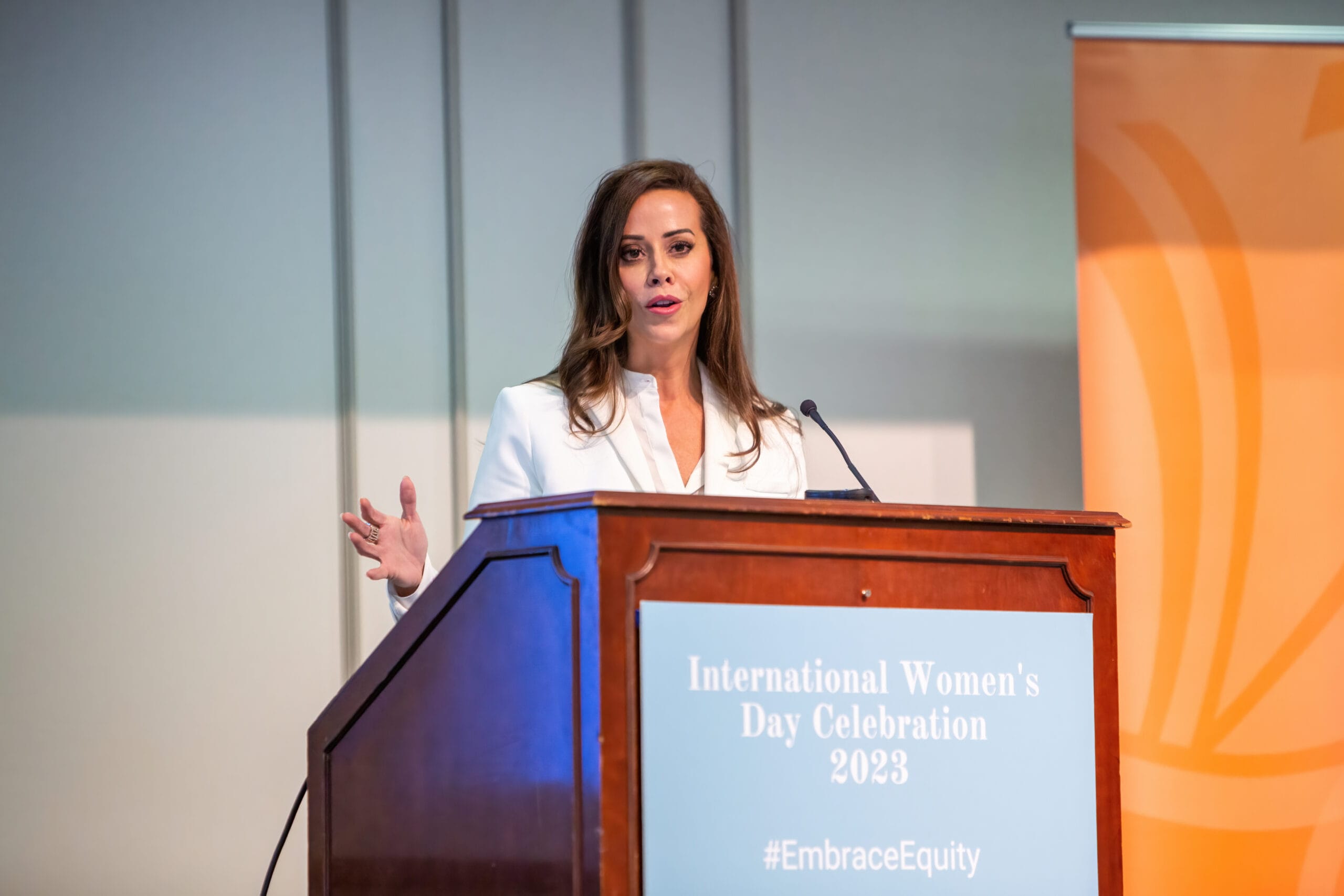
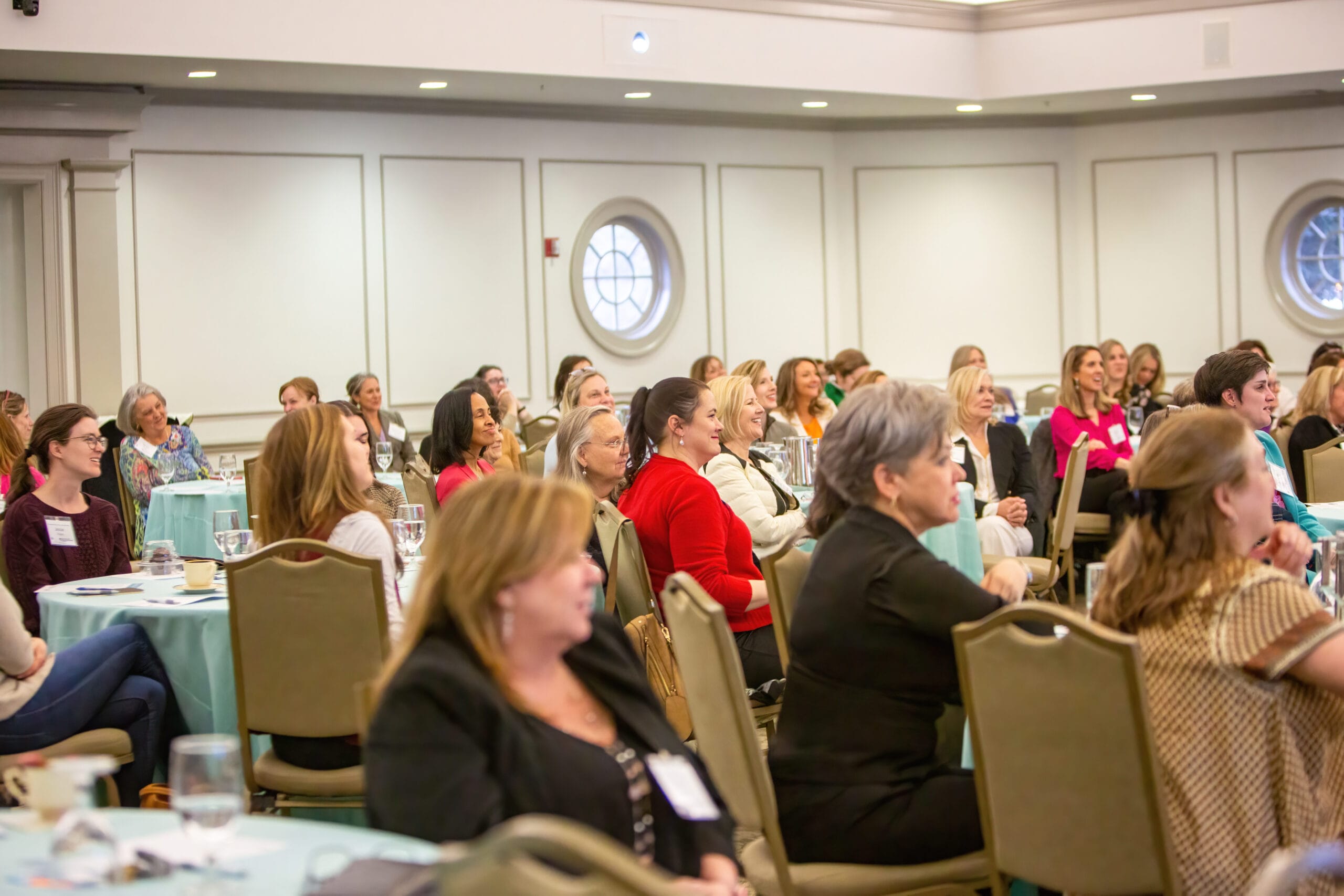
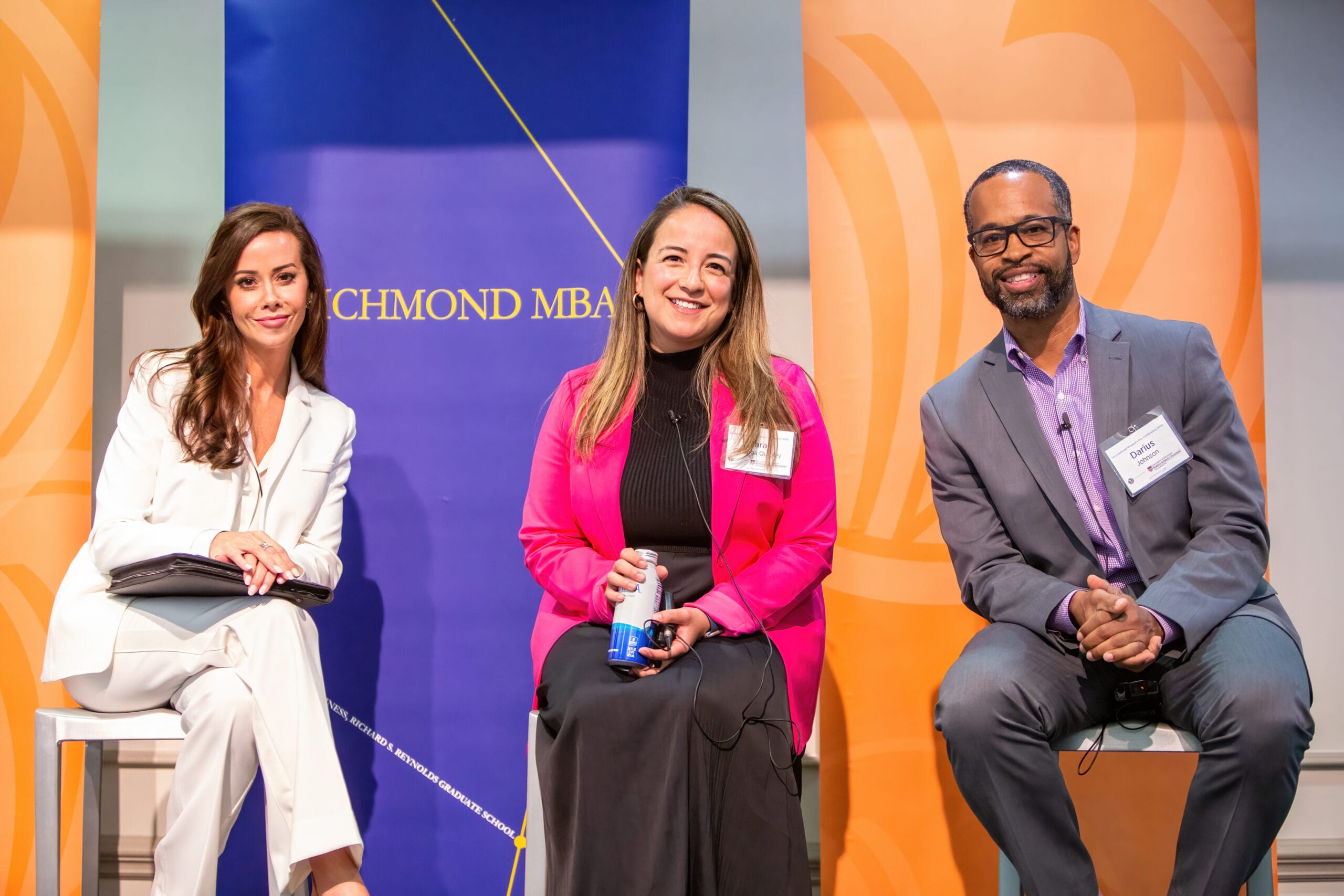
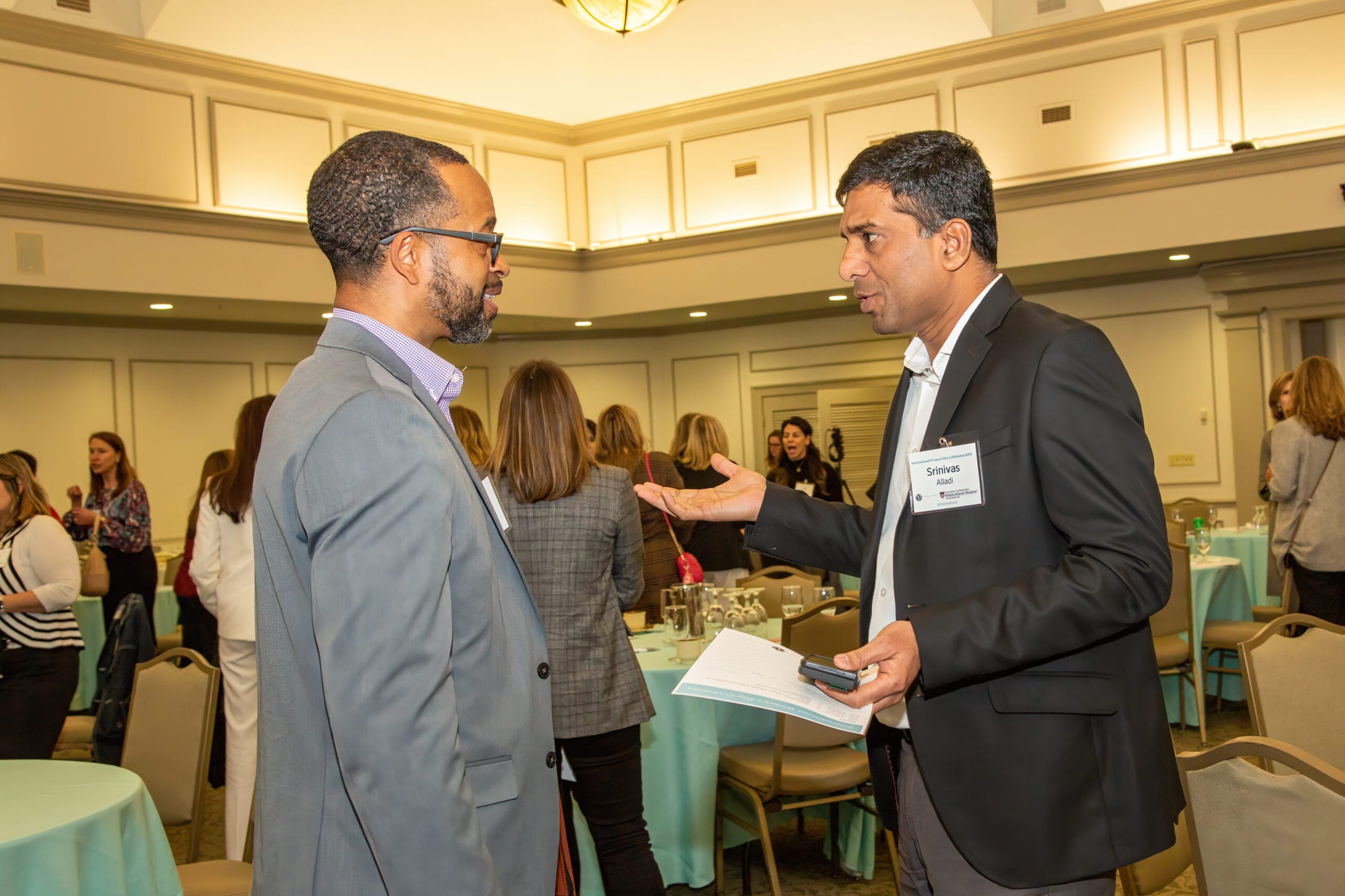
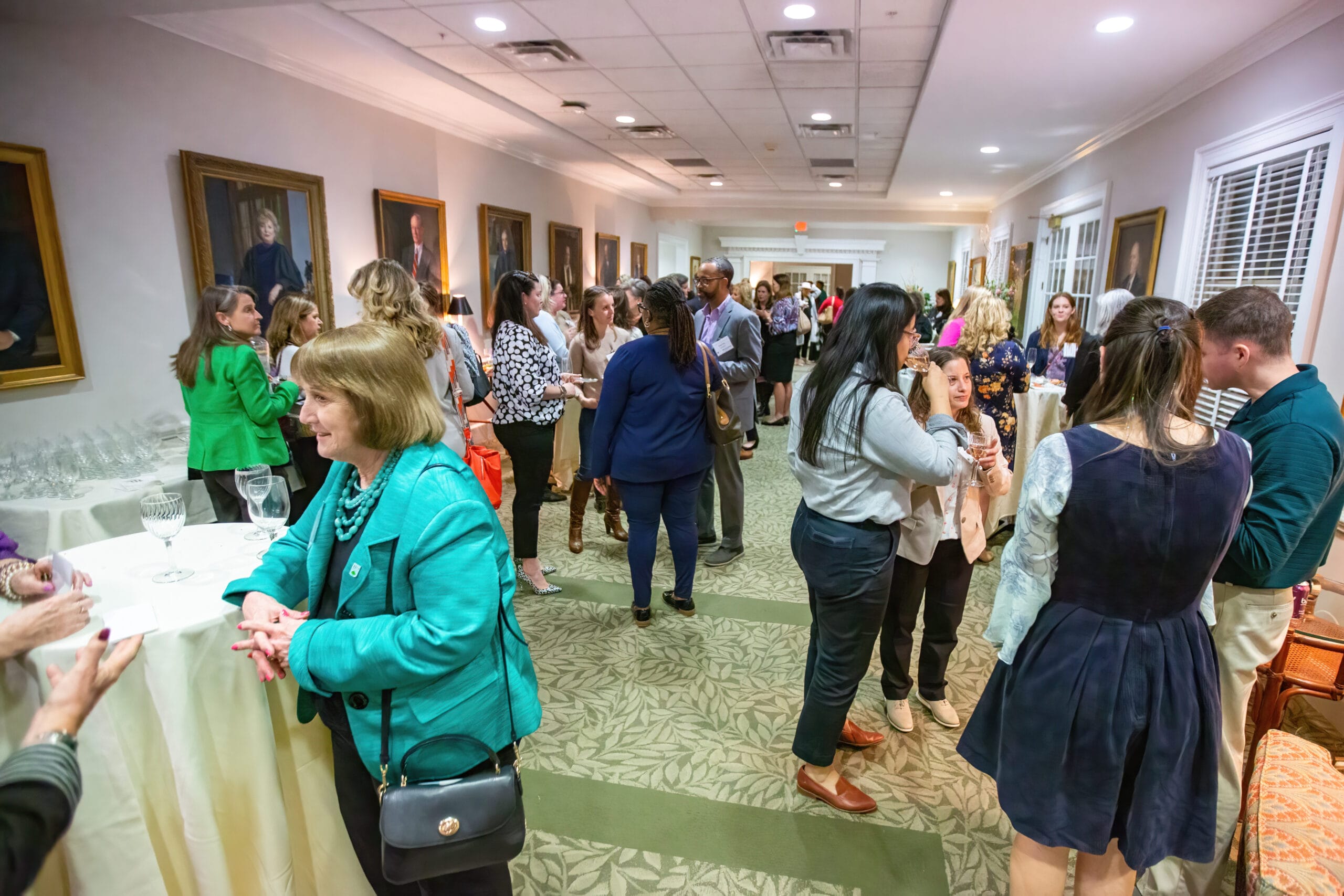
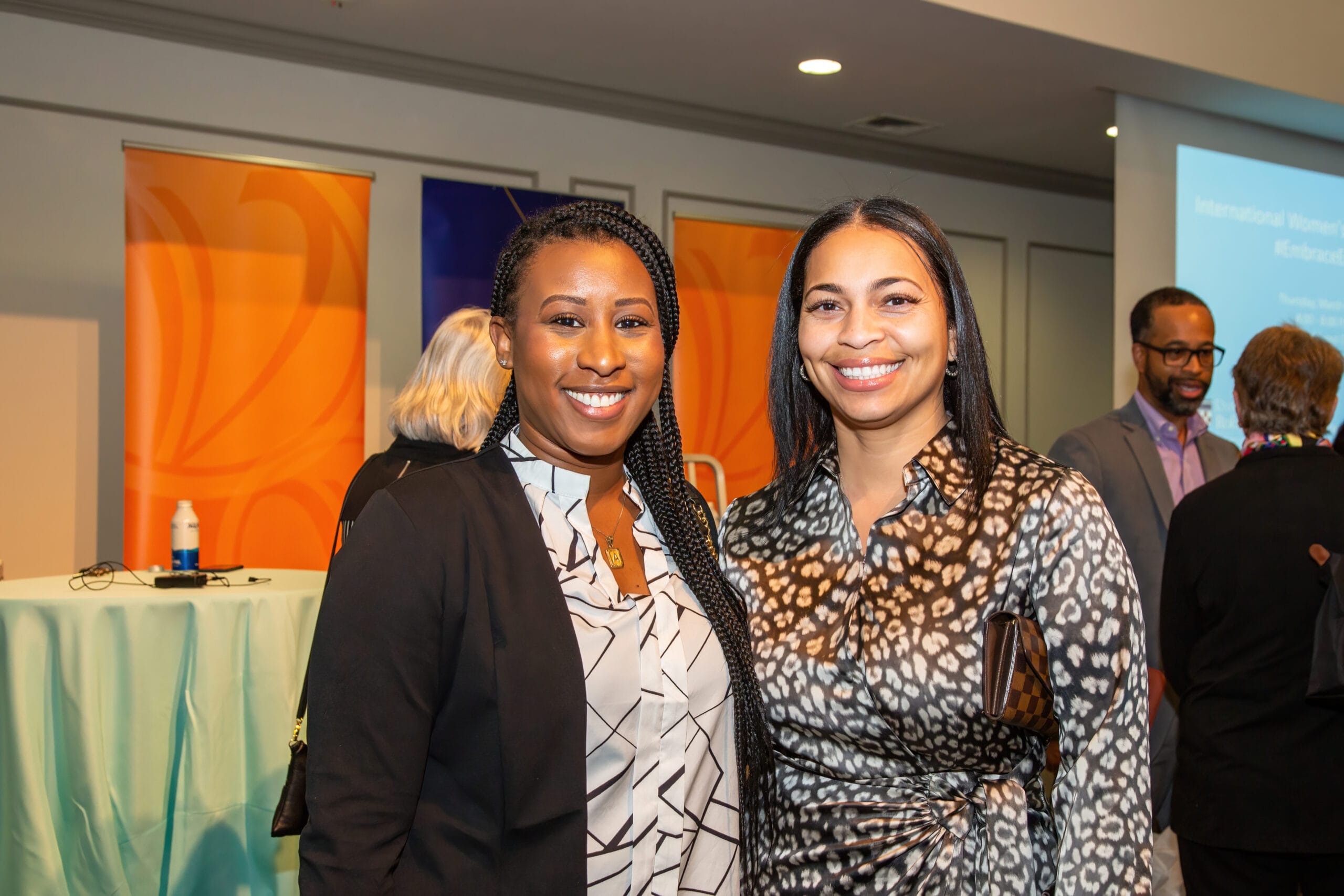

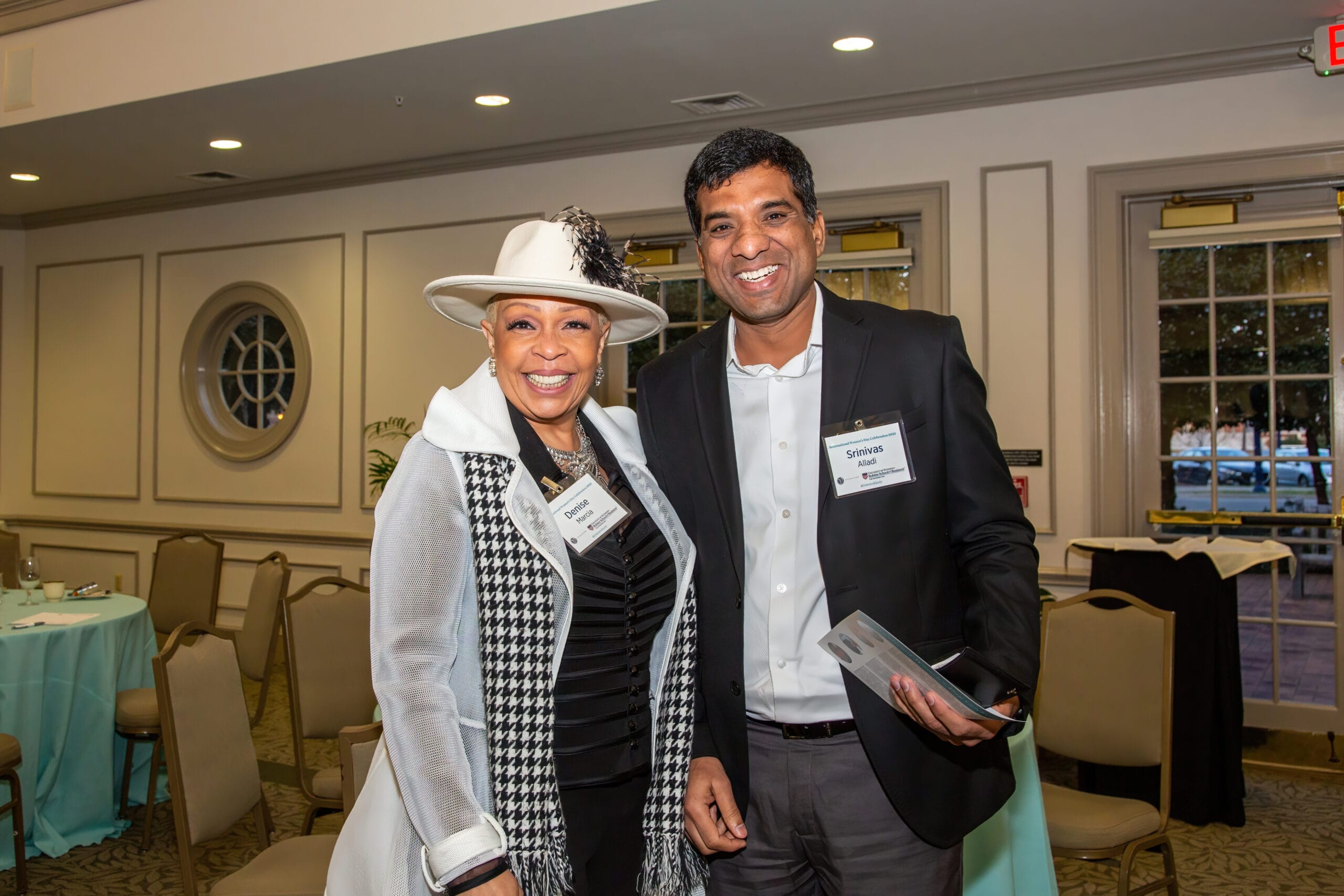
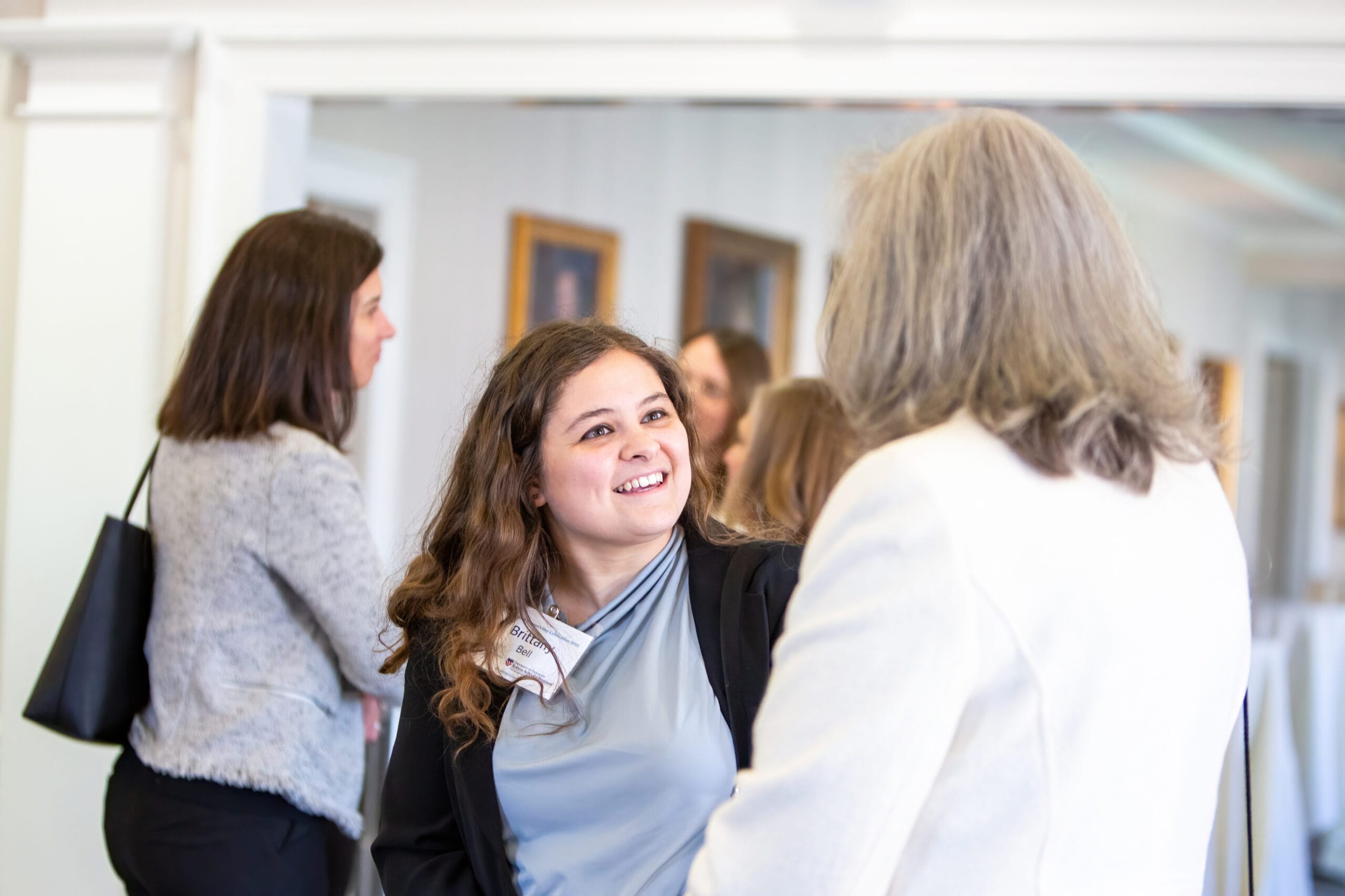
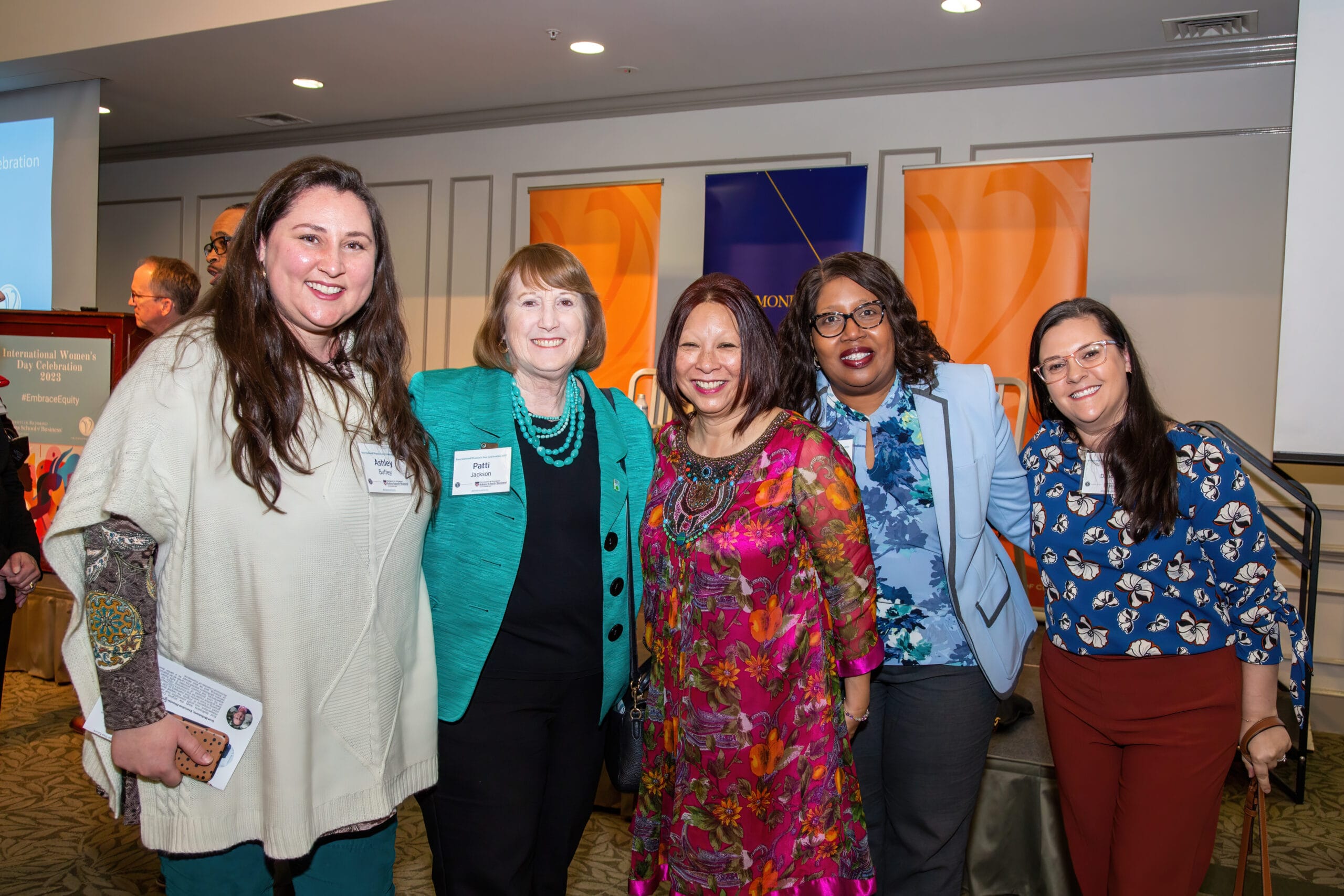
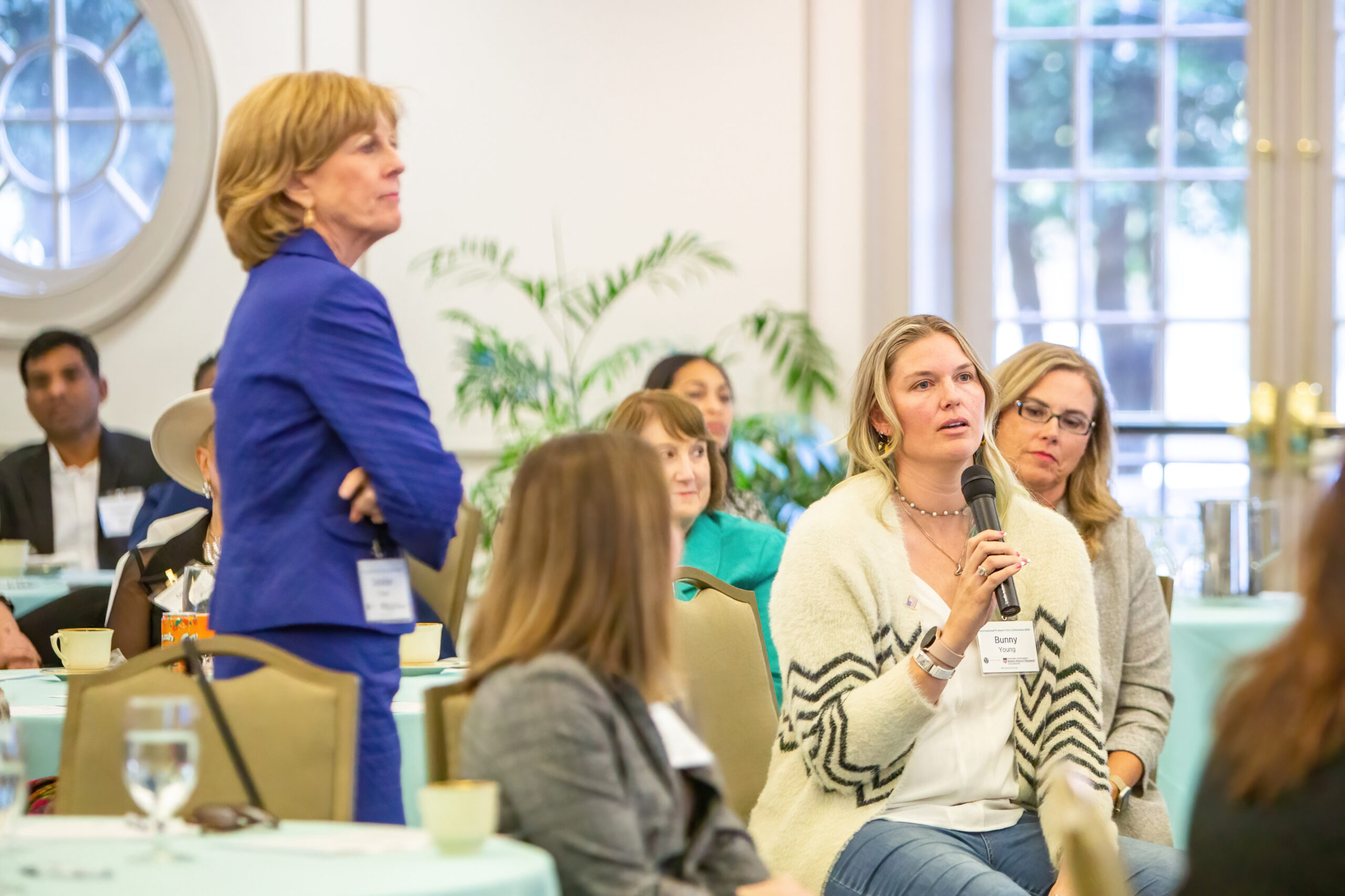
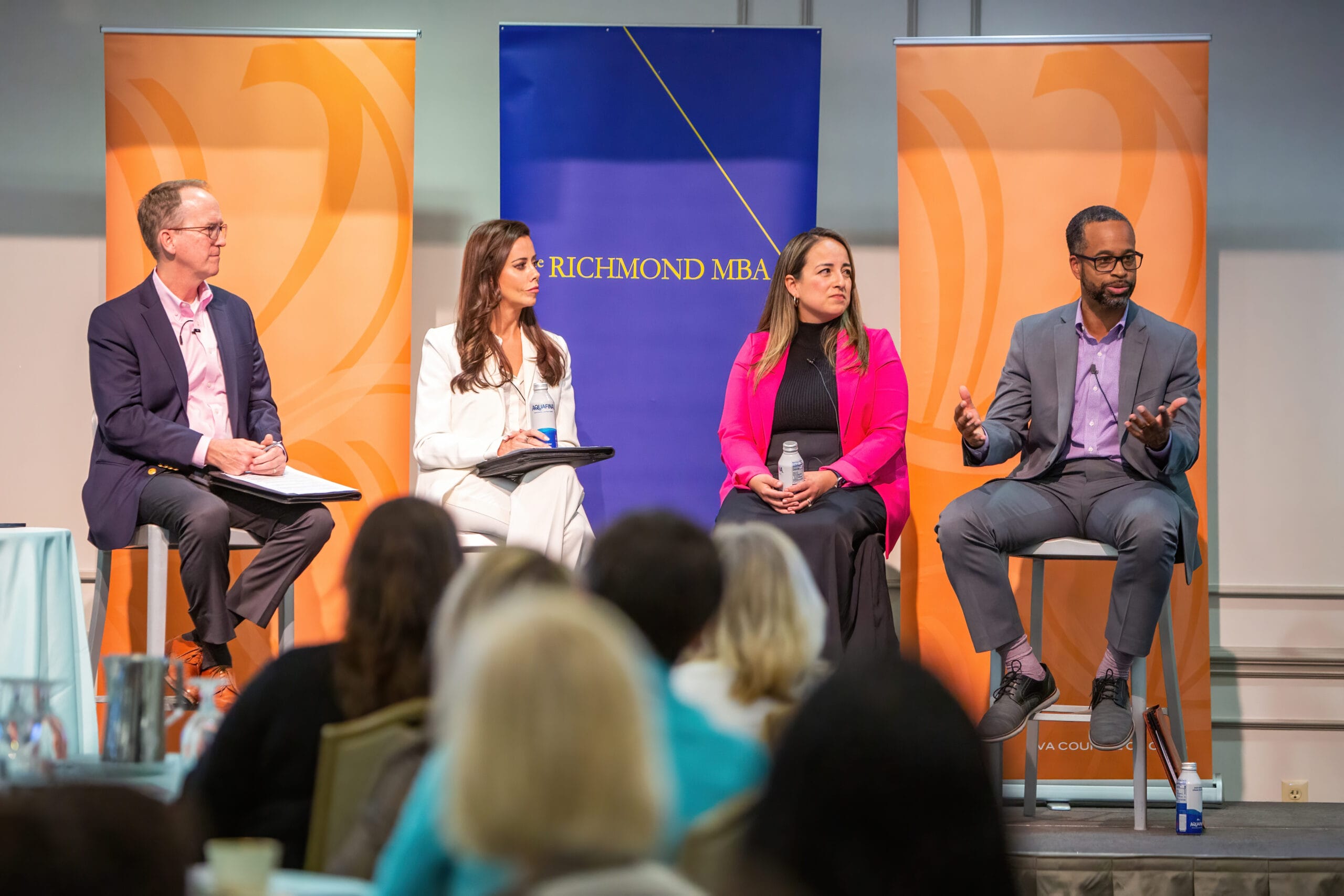
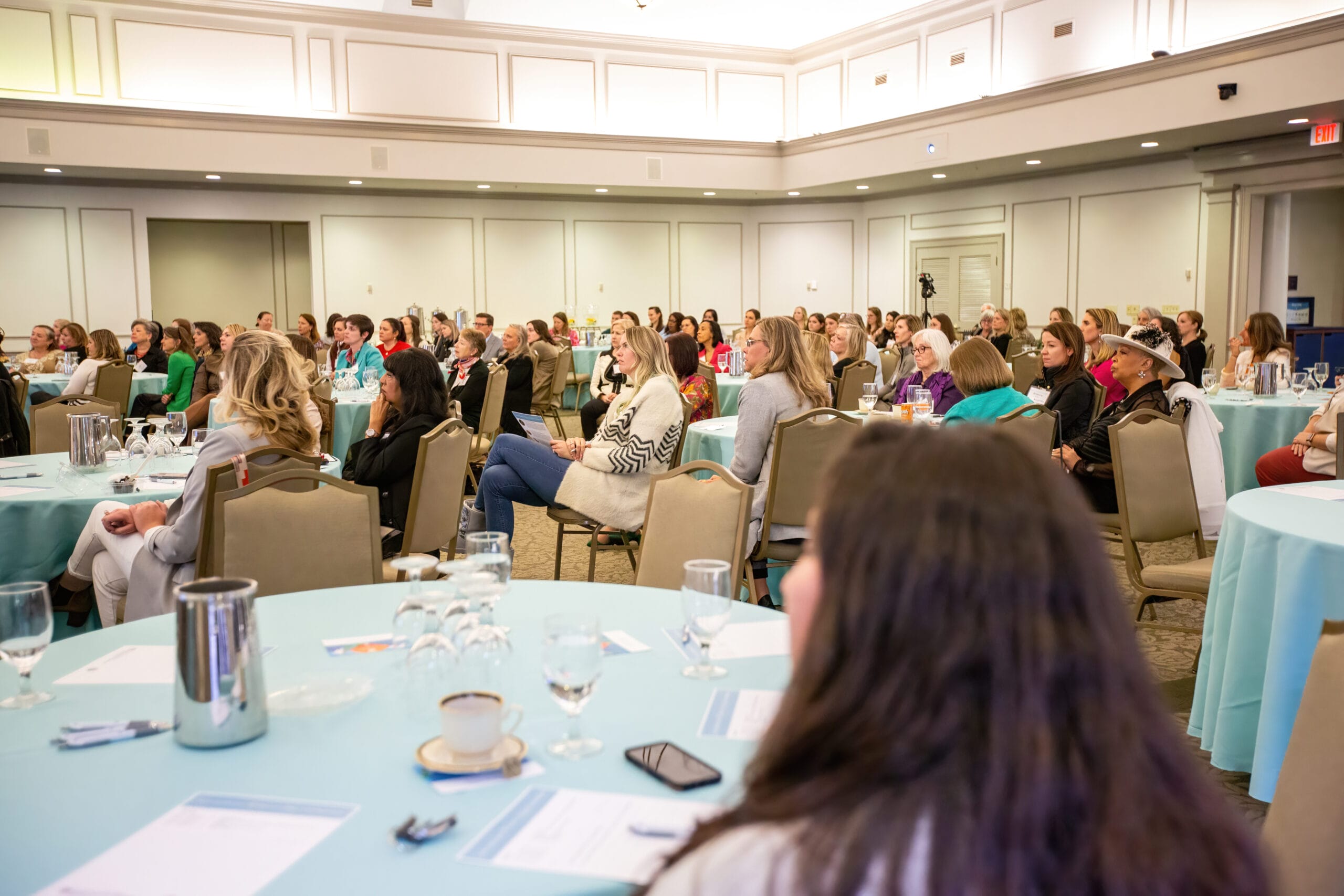

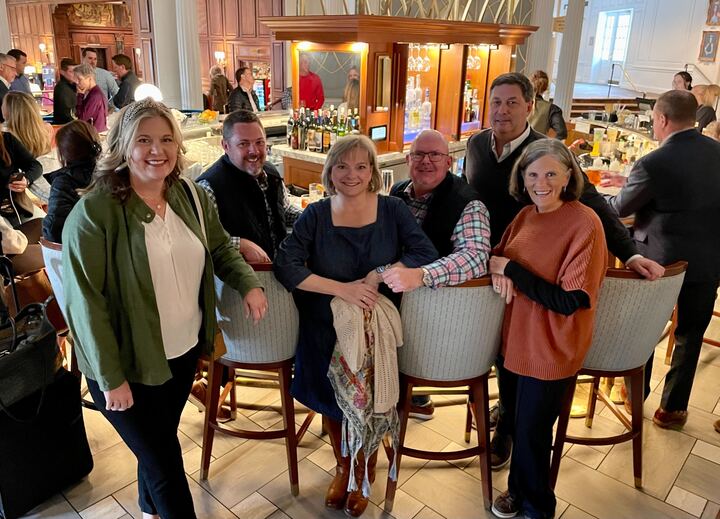
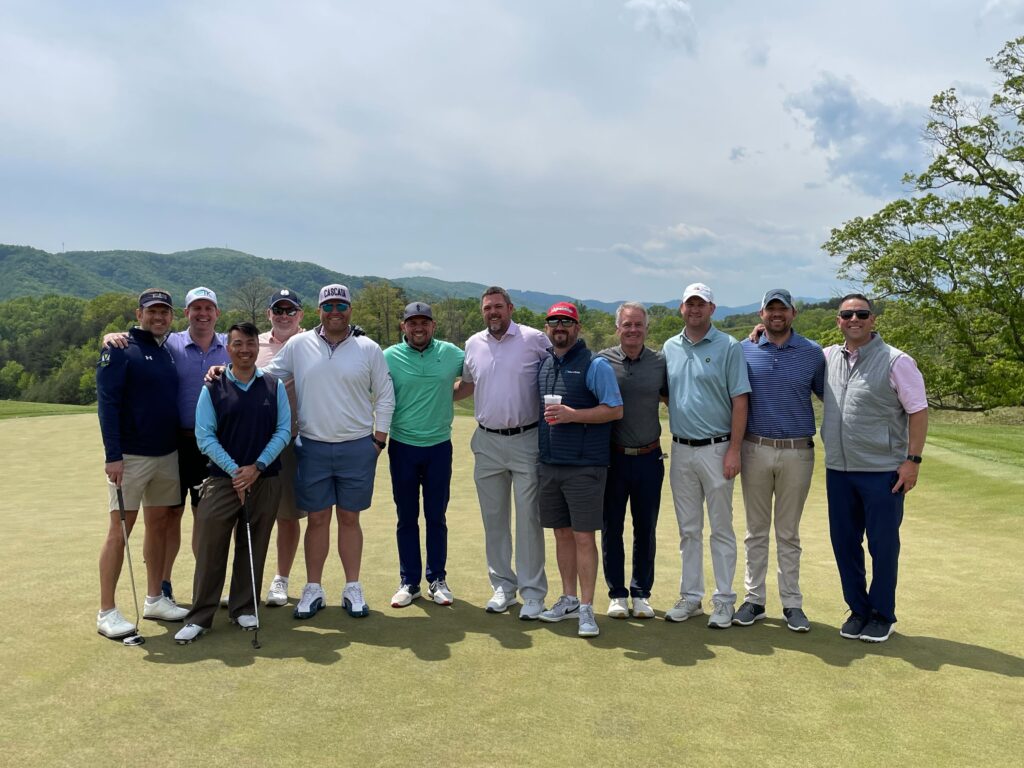
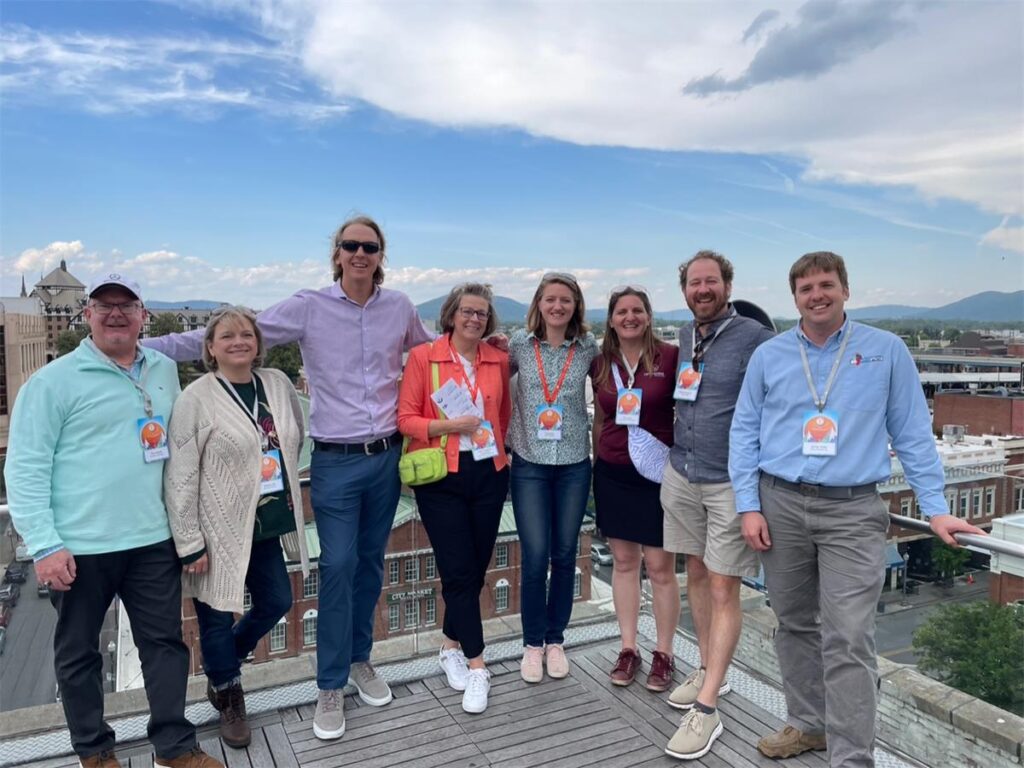
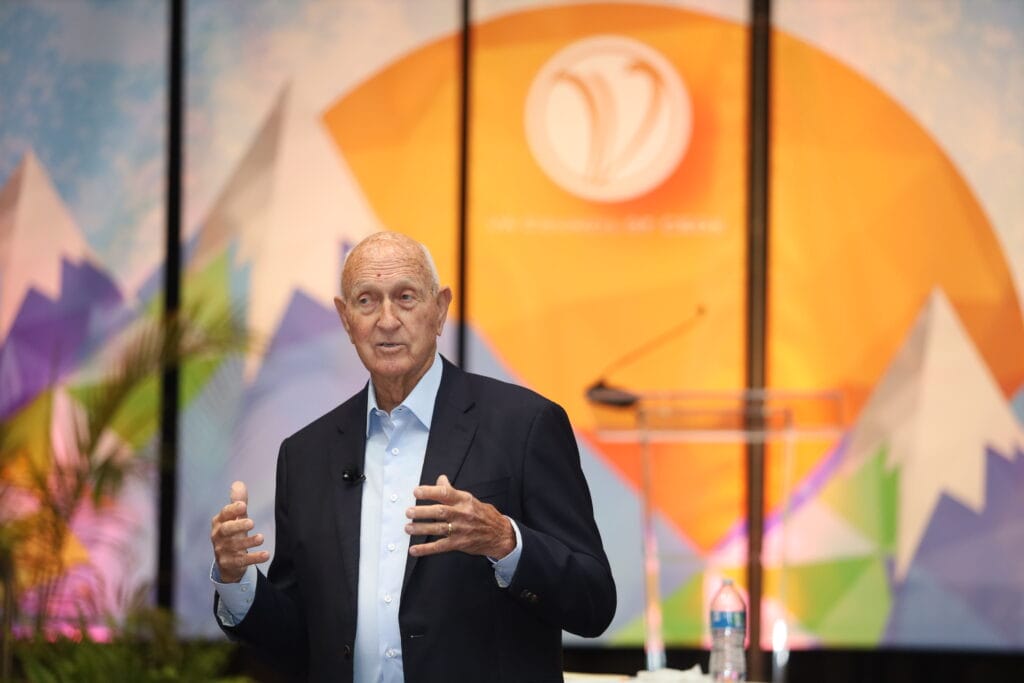
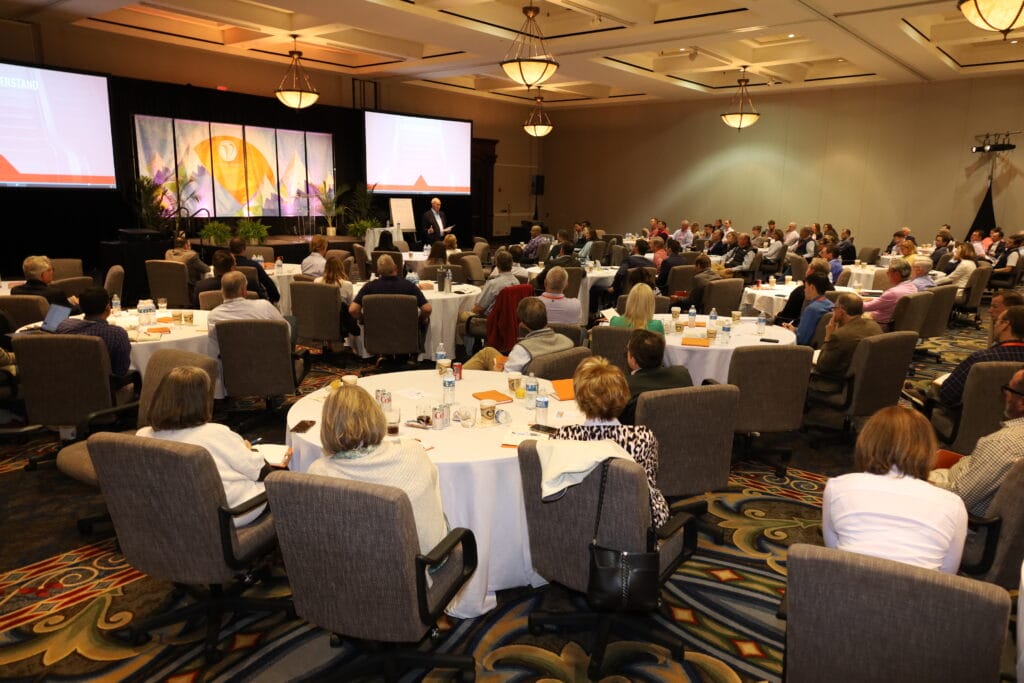
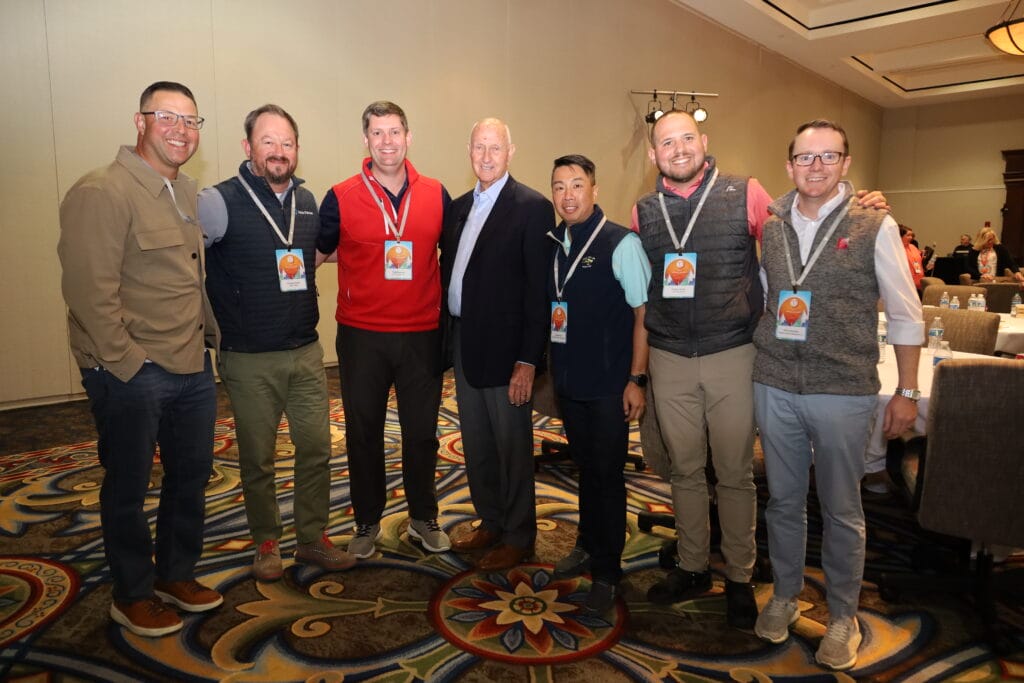
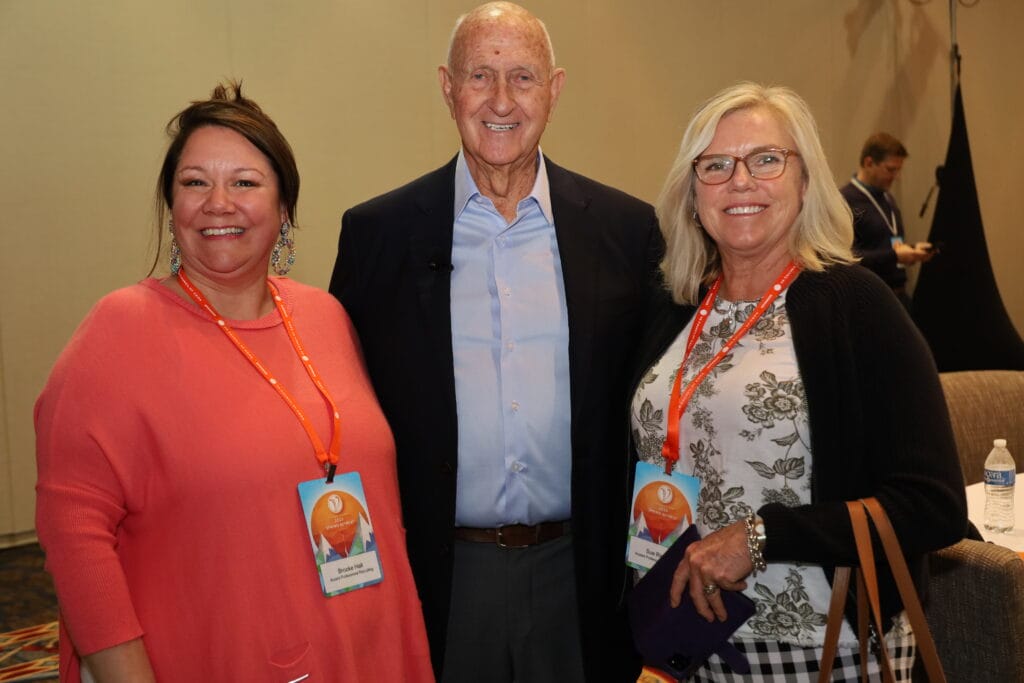
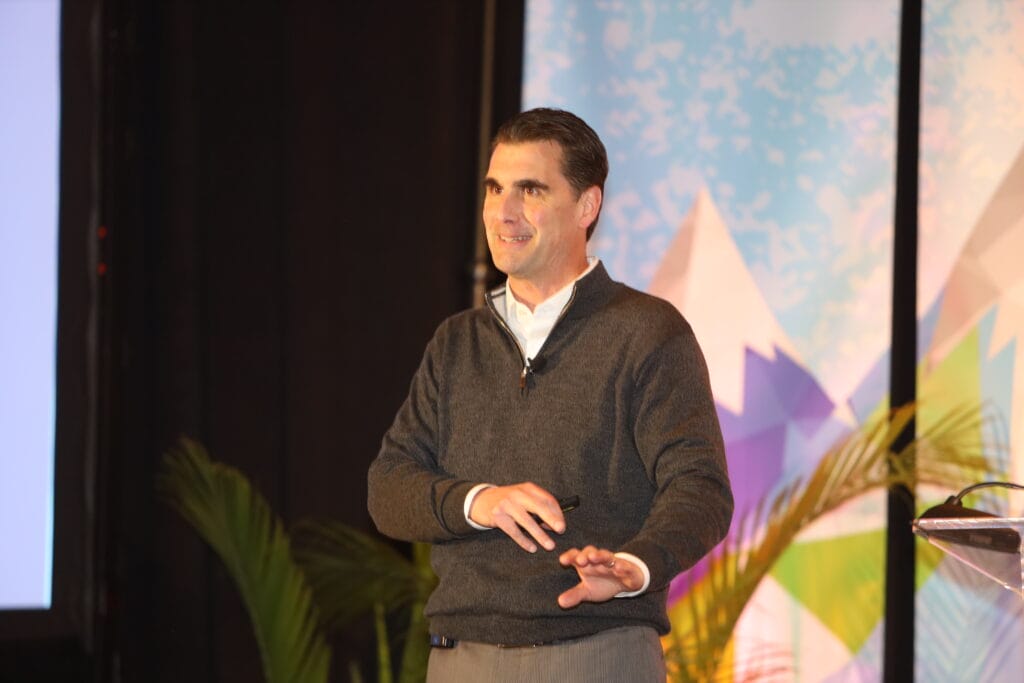
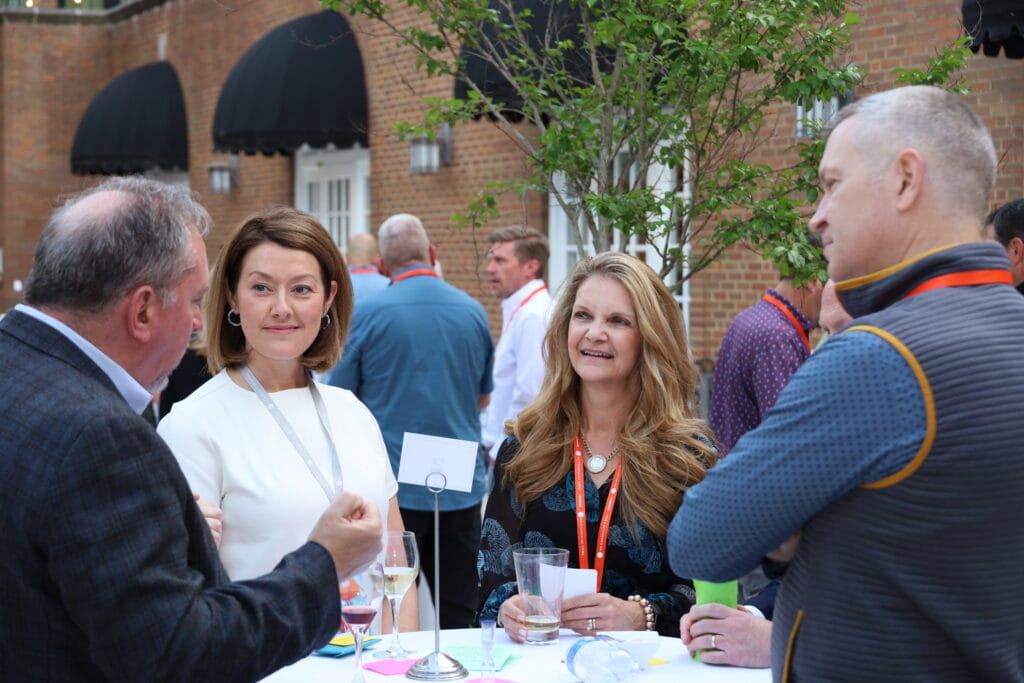
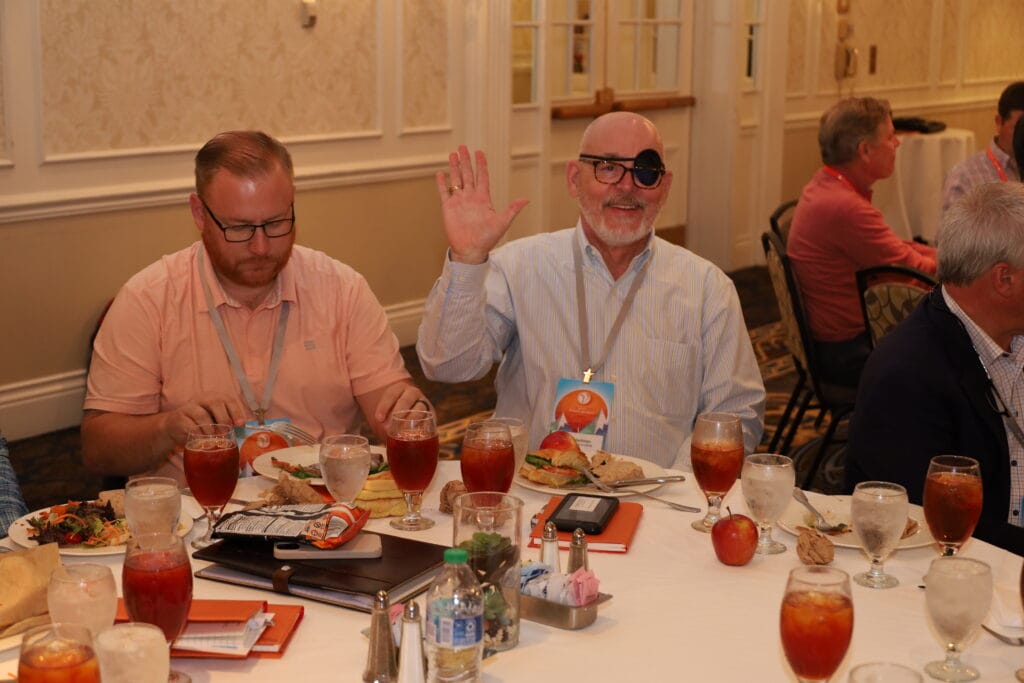
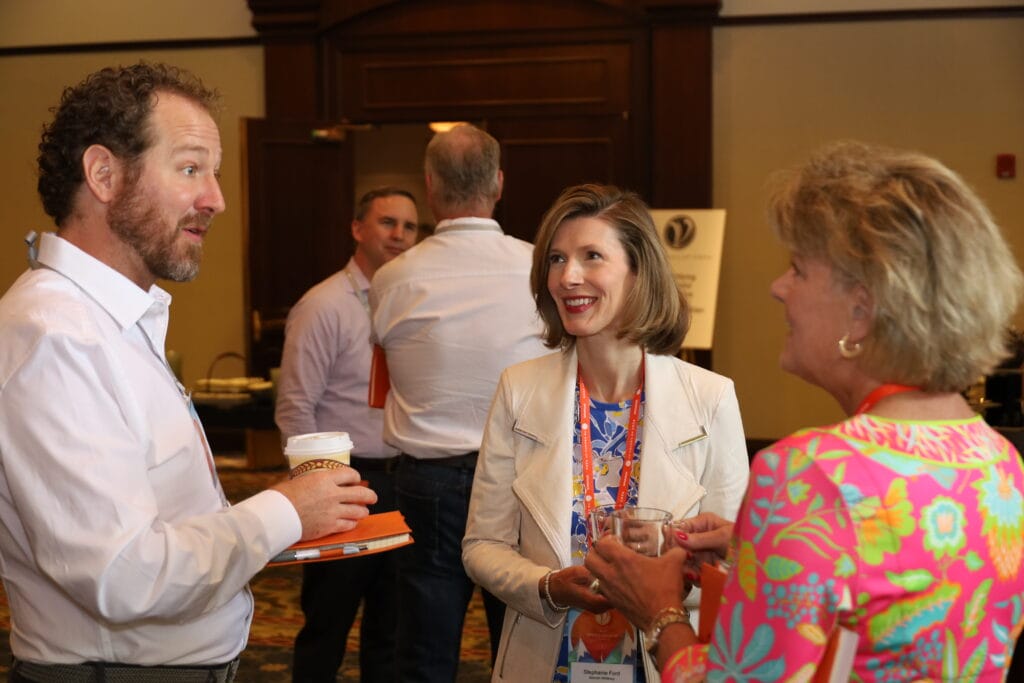
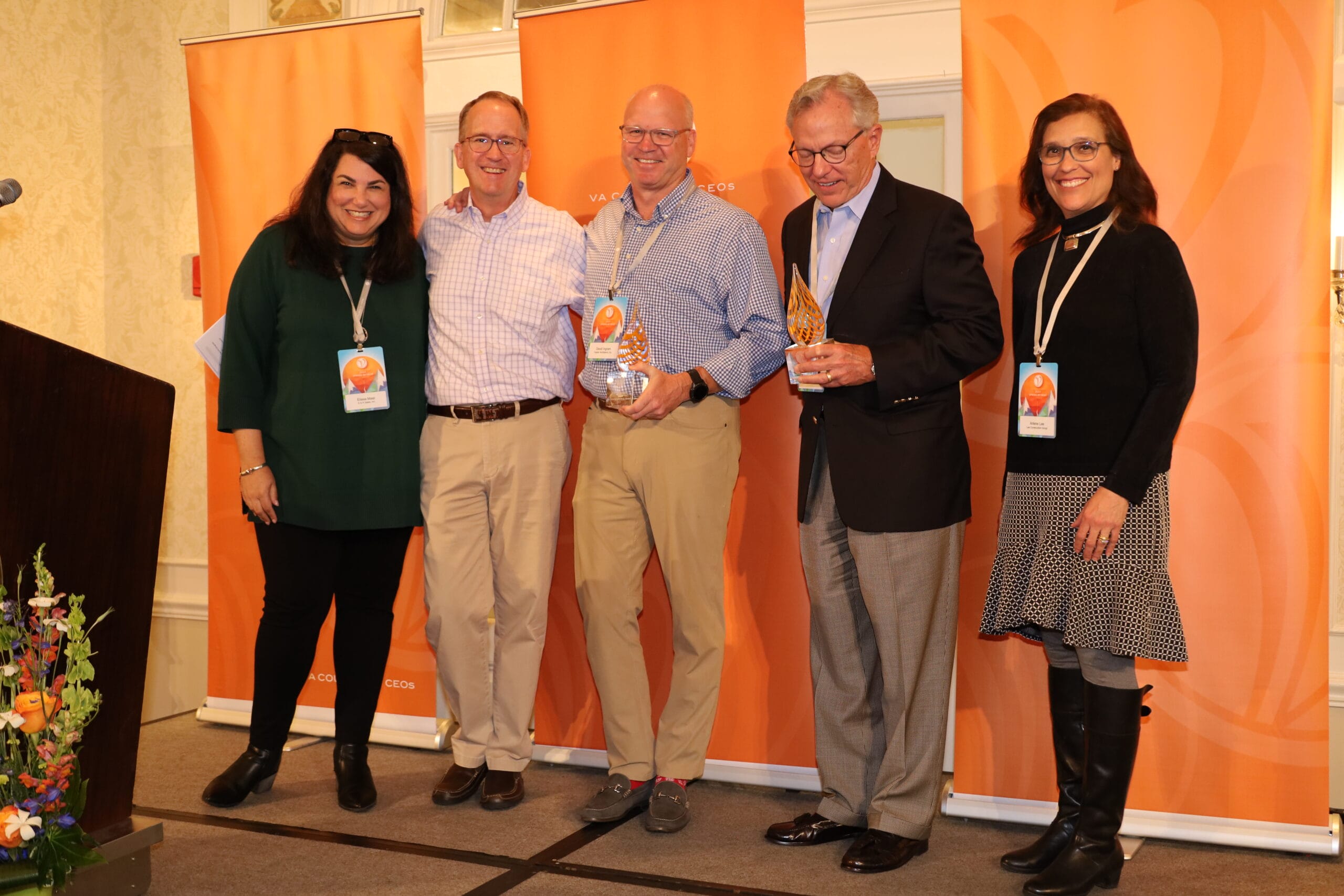
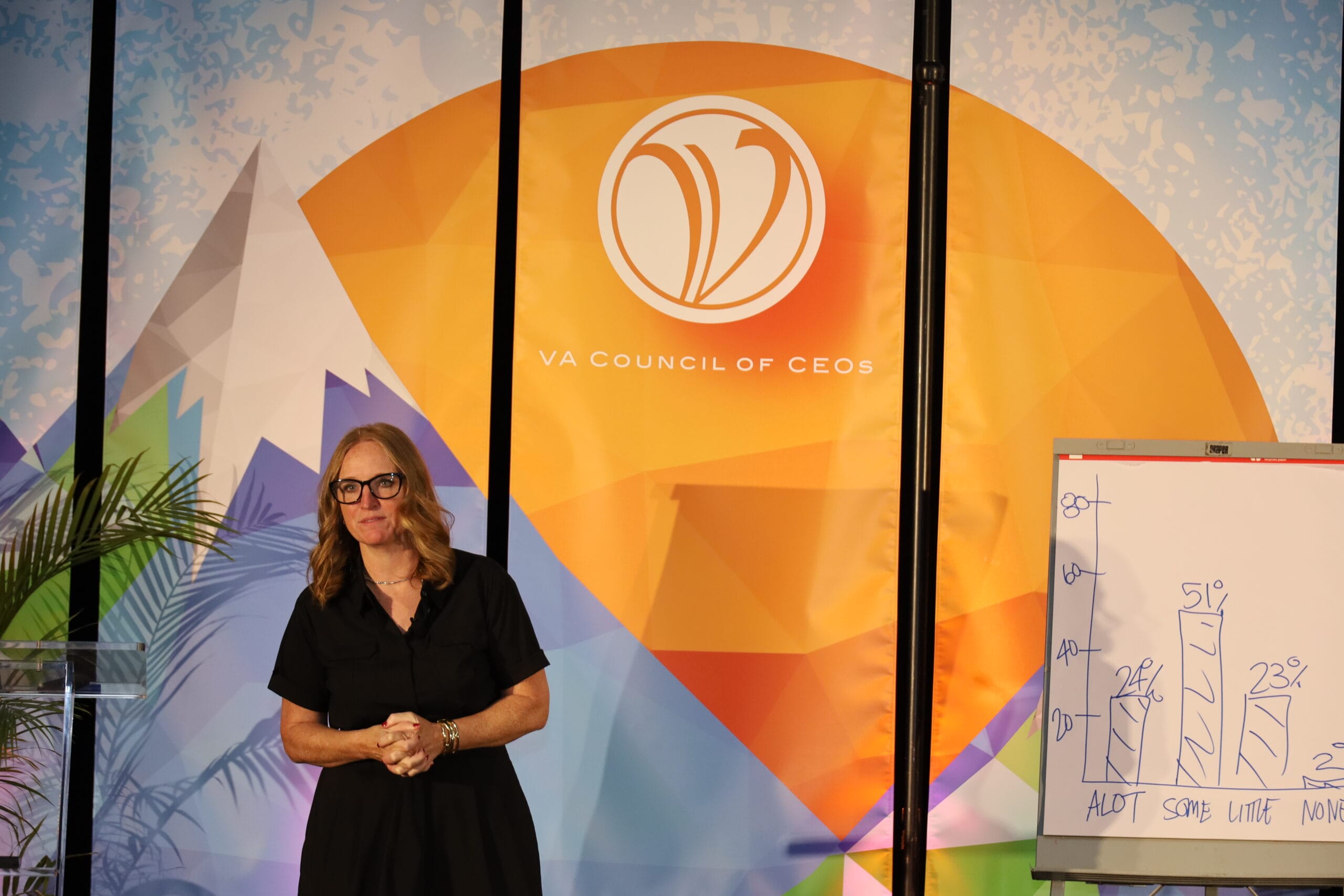
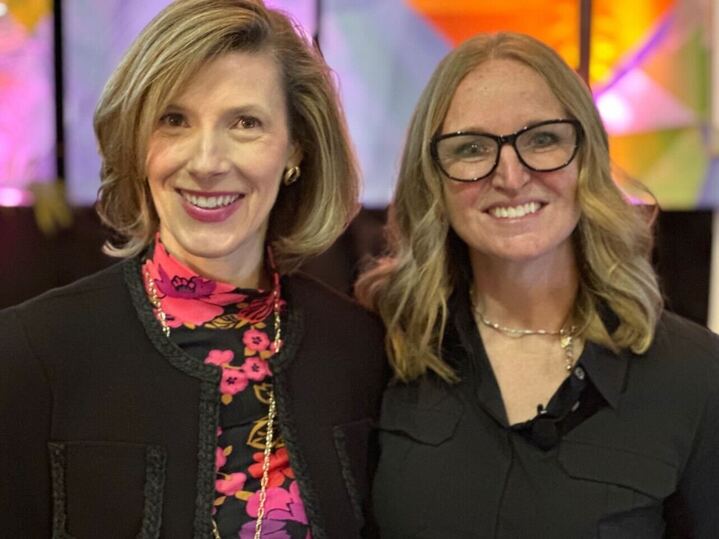
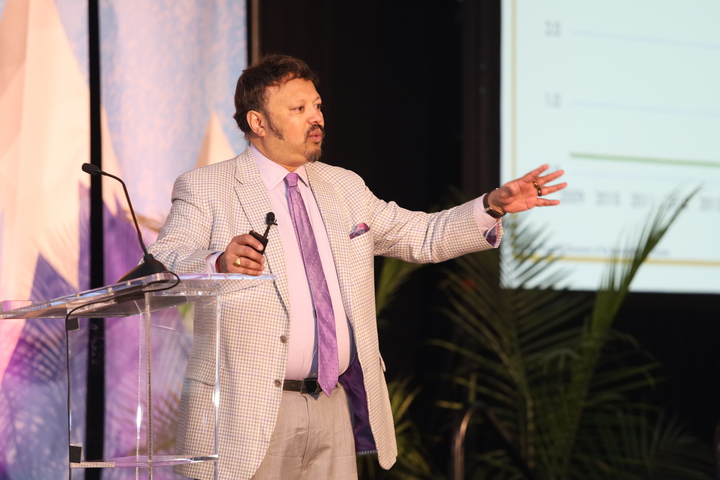
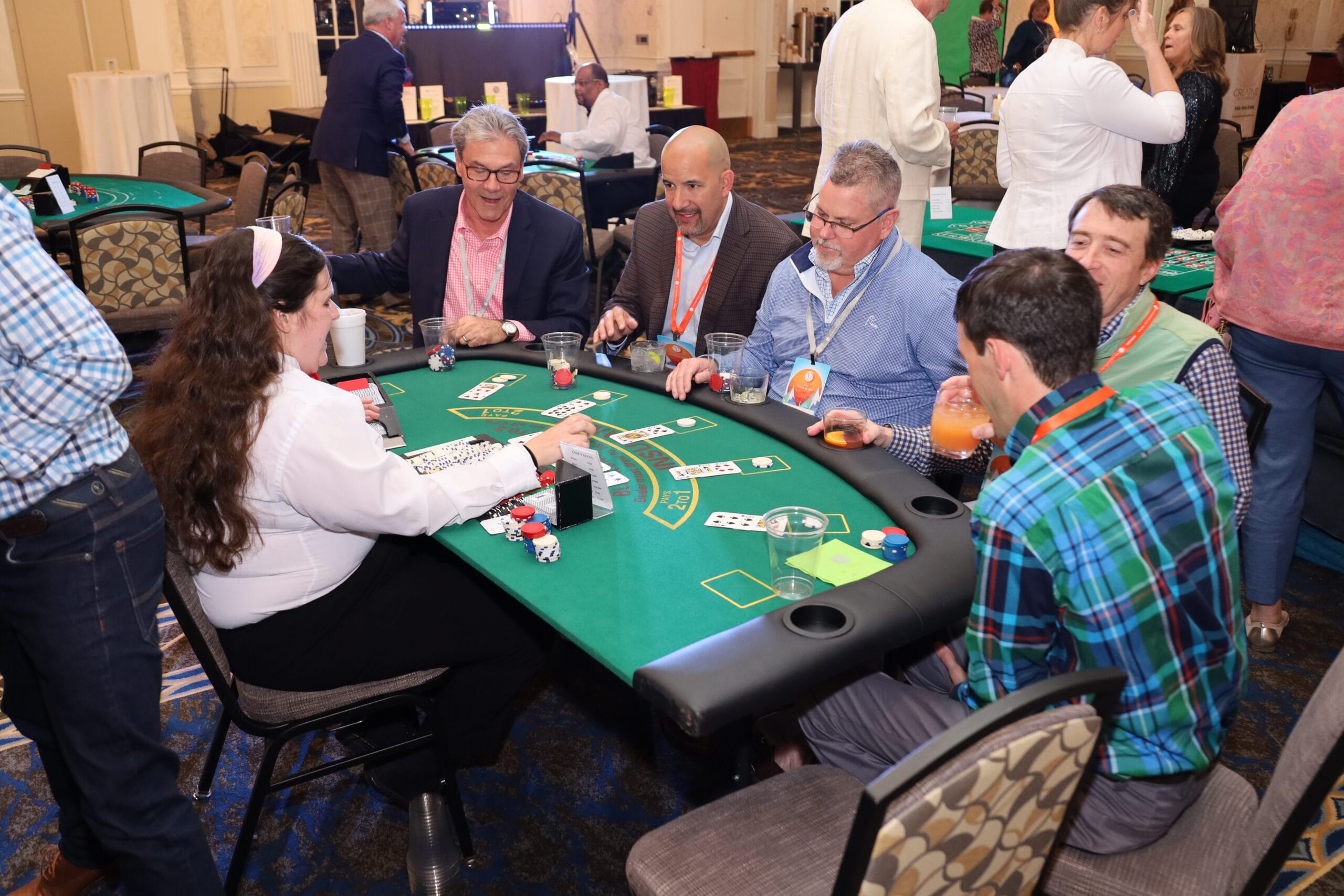
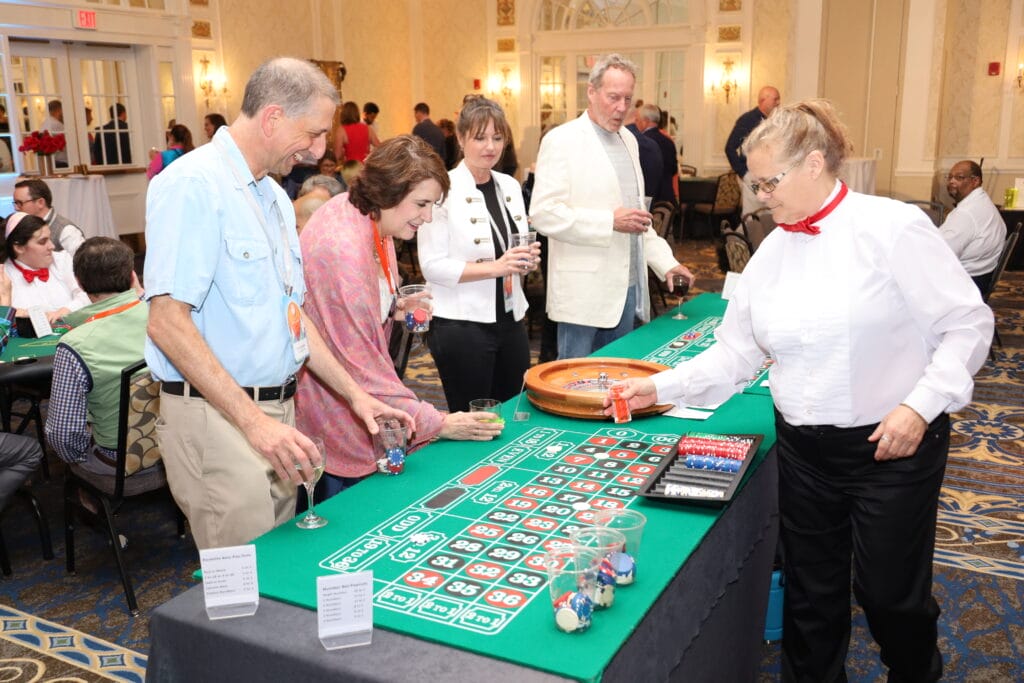

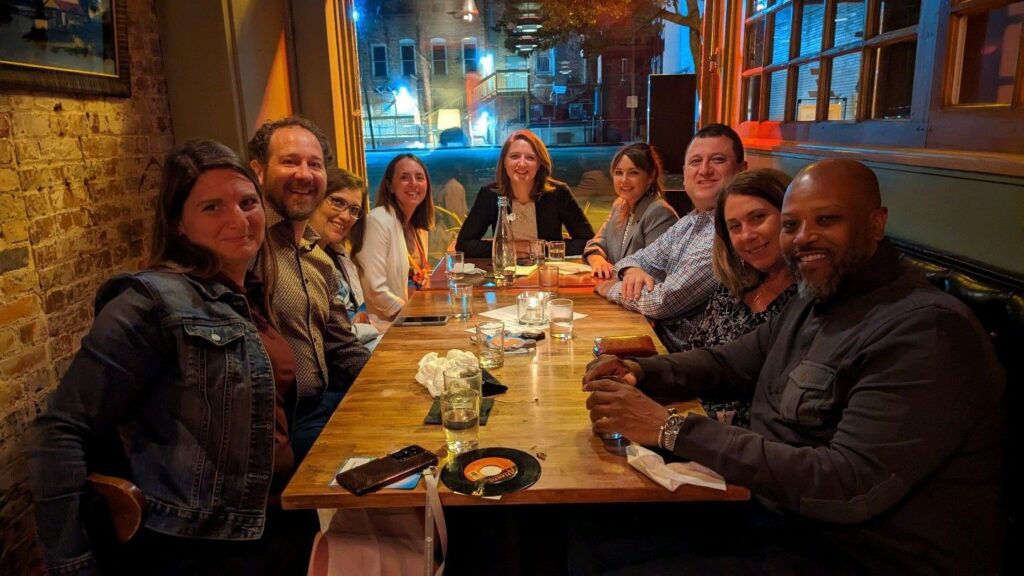
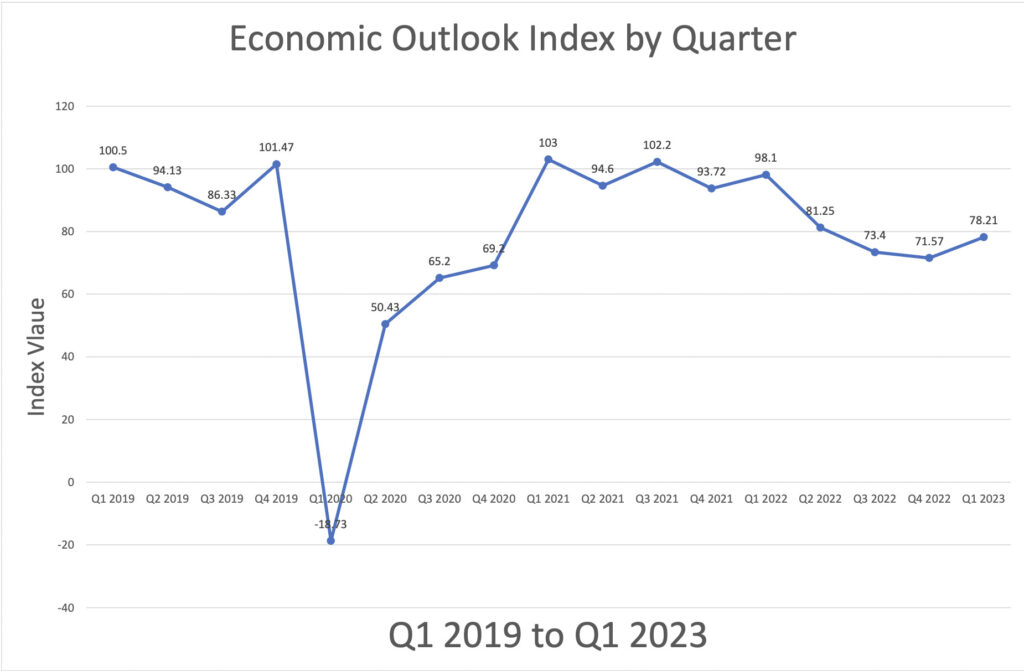
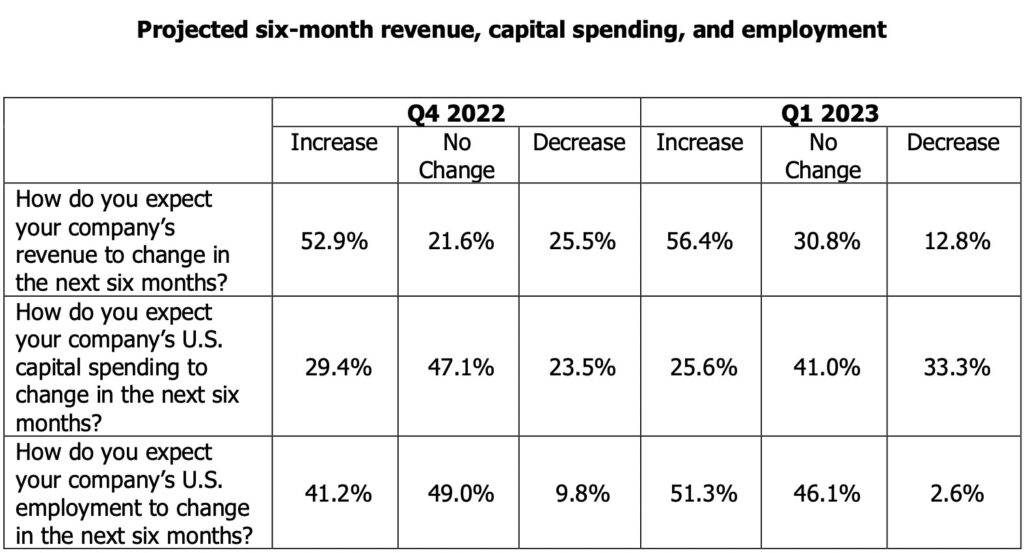
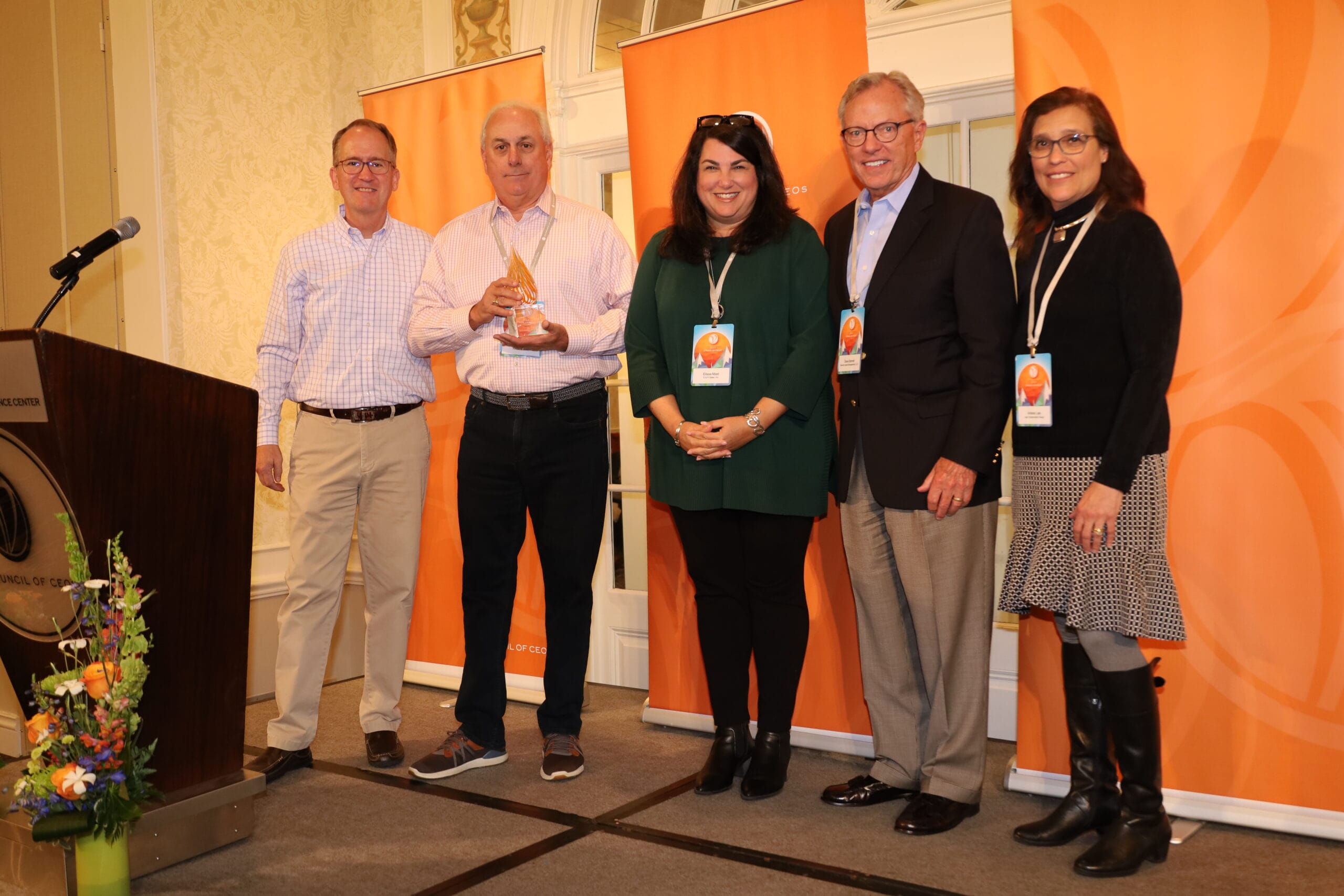
Recent Comments